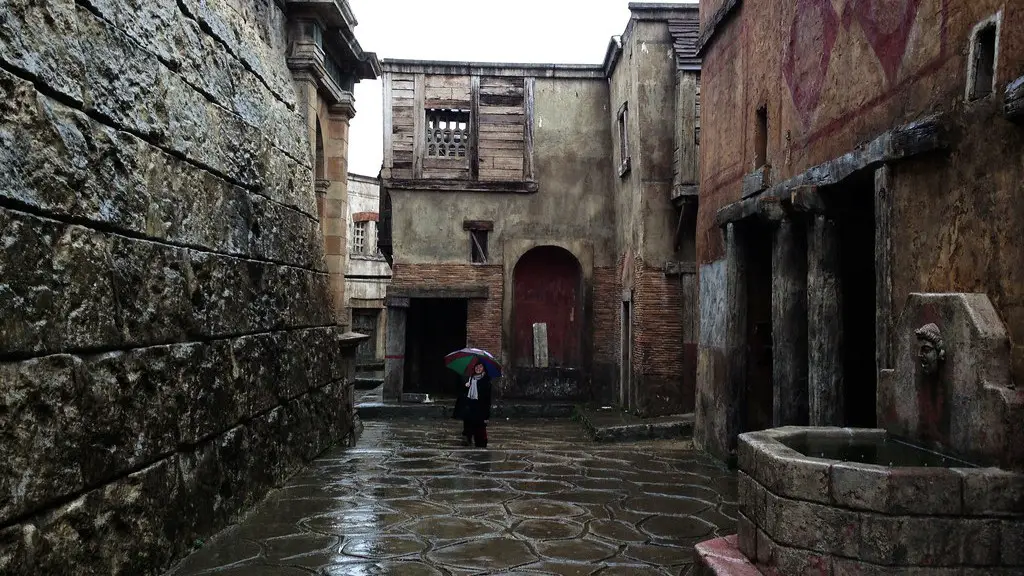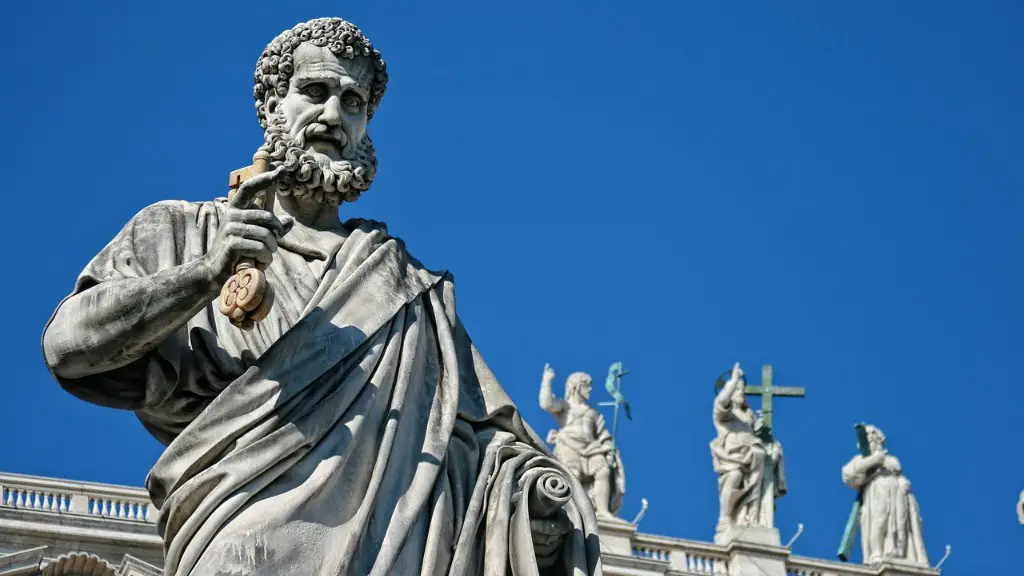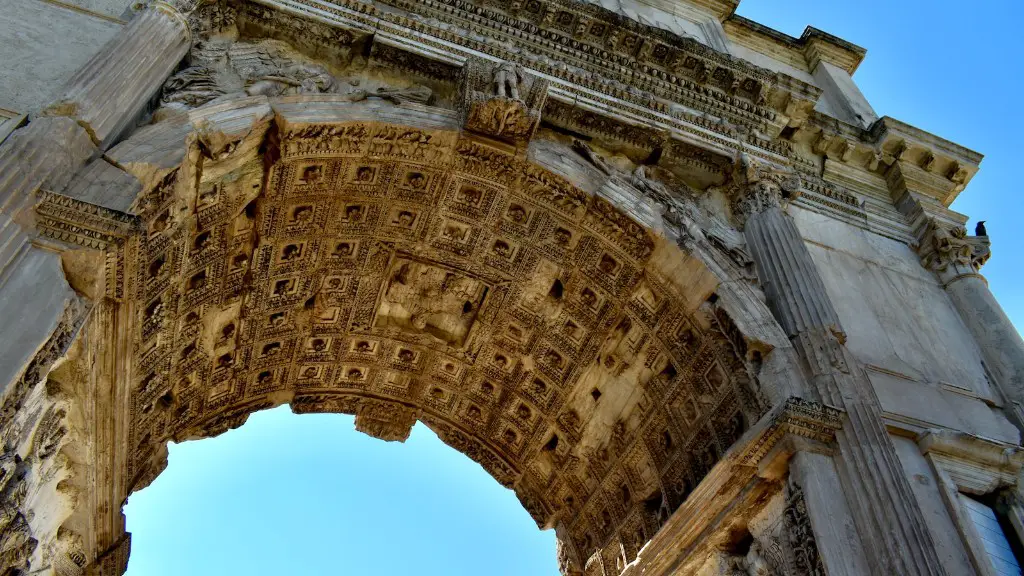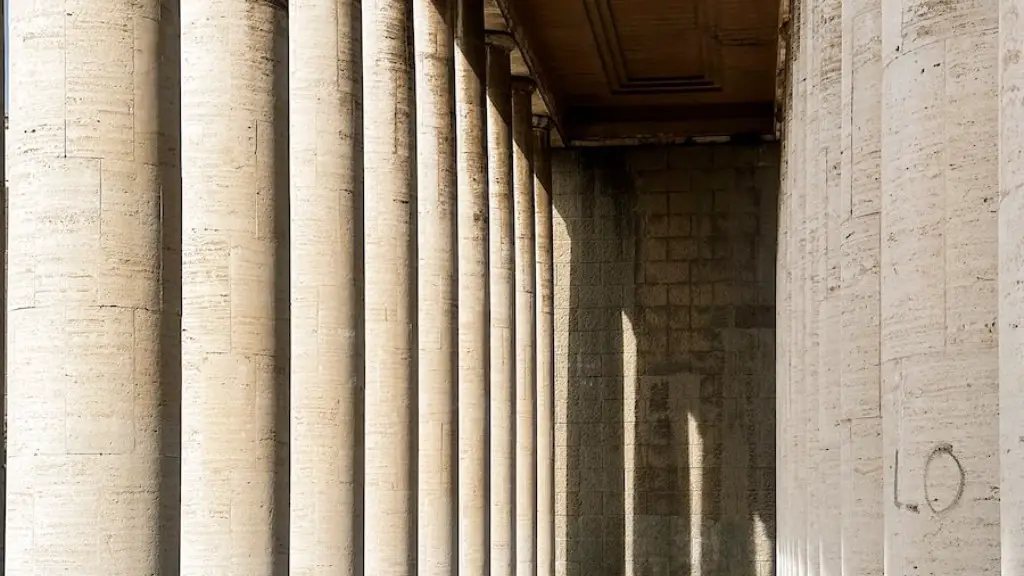Trajan was an exceptionally influential Roman emperor who reigned from 98-117 AD. He was born Marcus Ulpius Trajanus, in the province of Hispania Baetica in Spain, in 53 AD. He ascended to the throne in 98 and governed the Roman Empire for a period of about 19 years. Trajan is renowned for successfully completing a number of impressive projects, and for his governing philosophy. He is remembered as a strong, principled leader who kept the Pax Romana – the Roman Peace – alive and well, both within what was then the Mediterranean world and beyond.
In his lifetime, Trajan led many successful military campaigns. He is most famously remembered for his conquest of Dacia, a region in Eastern Europe. The area was rich in natural resources, particularly gold, and for this reason, it was highly valued by the Romans. Throughout his reign as emperor, Trajan extended the Roman Empire, eventually reaching as far as the Persian Gulf on the south and the Danube River on the north. By the time of his death, the Roman Empire covered a large area of Europe, Asia, and Africa.
Trajan was also an influential patron of the arts. He was an advocate of science and literature, and generously funded a number of public works. One of his greatest achievements was the construction of Trajan’s Column, a large marble column with an intricate spiral relief which depicted scenes from Trajan’s military campaigns. It was erected in the Roman Forum and still stands today as a testament to Trajan’s rule.
Trajan’s reign marked a period of great economic growth and prosperity in Rome. He developed an effective taxation system, and also established social welfare programs for the poor. Trajan’s period was also seen as a golden era for literature and art. During this period, Roman literature and art flourished, with writers such as Plutarch, Juvenal and Lucan, and the famous painter Apollodorus of Damascus, to name a few. This period also saw the development of a new style in architecture, known as ‘Neo-Classicism’, which incorporated elements of Greek and Roman designs.
But perhaps Trajan’s most significant legacy was his rule of law. He introduced a system of laws and reforms that created a unified legal system throughout the Roman Empire, which stayed in place for a number of centuries. This served as a model for other laws and systems in the world after, and Roman law is still widely studied today. Trajan’s system of justice was based on the Roman Senate’s traditional respect for the rule of law, which gave it great legitimacy in the eyes of the people.
Legacy
Trajan’s legacy lived on long after his death. He was remembered as a fair ruler who respected the rule of law and provided an effective and efficient government for the Roman Empire. He was also admired for his military campaigns, which extended the borders of Rome, and for the reforms he made to the Roman legal system. These reforms were so successful that they served as the foundation for the rule of law in the medieval world, which in turn served as the foundation for many of the legal systems in place today.
Trajan’s reign is seen as a golden age in the history of Rome, and he is remembered as one of the most influential and powerful Roman emperors. This was due to the many successful projects he initiated, his commitment to social welfare and justice, and his principle of peace and stability.
Perception
Throughout the ages, Trajan has been remembered not only as a great military leader, but also as a wise ruler who understood the importance of justice, welfare and good governance. His commitment to these principles has been a source of inspiration for many other rulers, both within and outside of the Roman Empire. Moreover, he is seen as a model for rulers today, in that he understood the need for strong leadership, uncompromising principles and respect for the rule of law.
Trajan also inspired posthumous reverence from the people of Rome. On the last day of his life, Trajan was visited by the people of Rome, and the streets were lined with people waxing lyrical about him. In the years that followed, the city of Rome erected many monuments in his honor. To this day, his legacy lives on in his many monuments, coins and depictions in art, literature, and film.
Impact
Trajan made a number of positive changes to the Roman Empire during his reign, and his legacy has had an enduring impact on the world. He is remembered as an effective ruler and as an innovator who strived for peace and justice, and whose rule of law set the foundation for the rule of law in the medieval world. As such, Trajan’s legacy continues to influence modern thinking and governance, and his achievements are still praised today.
The impact of Trajan’s reign was best summed up by the scholar Aelius Spartianus, who said, “History should be thankful to Trajan, because even Hannibal, who once raged all over Italy, did not come close to achieving such astonishing success.” Indeed, Trajan’s achievement was impressive – even in today’s terms – and his legacy remains a source of admiration and inspiration.
Conclusion
Trajan was an influential Roman emperor who reigned during a period of great prosperity and growth in the Roman Empire. He is remembered as an effective ruler and innovator who strived for peace and justice, and whose rule of law set the foundation for the rule of law in the medieval world. Trajan’s legacy lives on to this day in his many monuments, coins and depictions in art, literature, and film.



